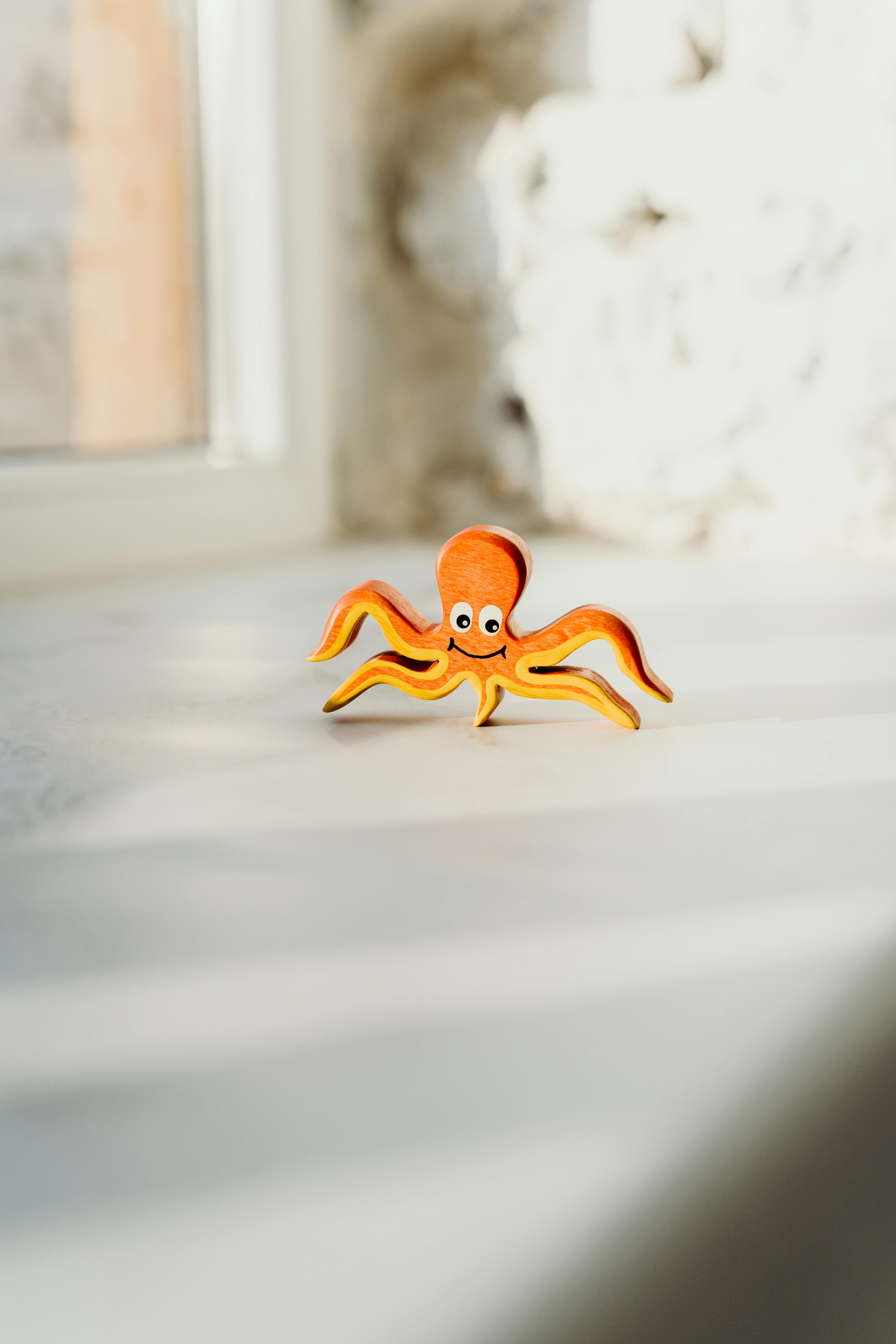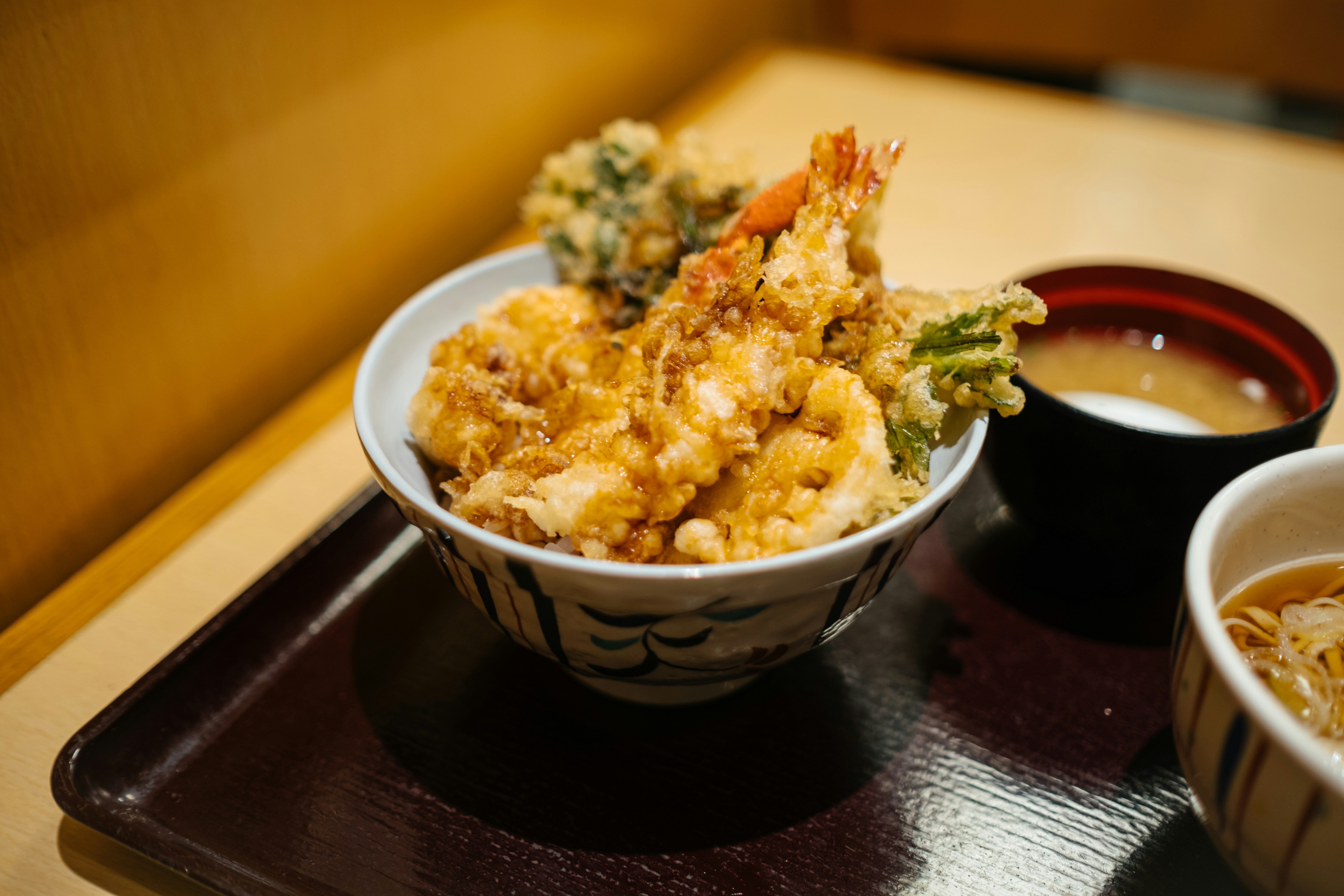Discovering the Intricate World of Octopuses as Pets
In recent years, the octopus has emerged as an unconventional but fascinating choice for a pet. Their alien-like appearance, high intelligence, and unique behaviors have drawn the attention of pet enthusiasts, but they also present unique challenges. This article will delve into the world of octopus pet ownership, discussing the history, current trends, and potential costs and impact of keeping these intriguing creatures.

The History of Octopus Pet Ownership
Octopuses have fascinated humans for centuries, featuring in ancient mythology and folk tales as mysterious and powerful creatures. However, their journey into our homes as pets is a relatively new phenomenon. It began in the late 20th century when advancements in aquarium technology made it possible to maintain the specific conditions required by octopuses. Since then, the trend has slowly gained momentum, fueled by increasing interest in marine life and the desire for unique pets.
The Current Trend: Octopuses in the Living Room
Today, octopuses are becoming a more common sight in home aquariums. Their popularity has been further fueled by research revealing their high intelligence, problem-solving abilities, and unique behaviors. However, owning an octopus is not for the faint-hearted. They require specialized care and equipment, and their natural lifespan is relatively short, usually between one to three years. Moreover, they are known for their escape artist tendencies, adding another layer of complexity to their care.
The Cost of Owning an Octopus
As you might expect, owning an octopus can be a costly endeavor. The price of the octopus itself can range from $30 to over $100, depending on the species. However, the real cost lies in the setup and maintenance of their habitat. A proper octopus tank setup can easily cost upwards of $1000, and ongoing costs for food and maintenance can add up quickly. Despite these costs, the market for pet octopuses is growing, signaling a potential shift in pet ownership trends.
The Impact of the Octopus Pet Trend
The rising popularity of octopuses as pets has inevitably raised concerns about their welfare and the sustainability of the trade. Octopuses are complex animals that require specific care, and their short lifespan and sensitivity to environmental changes can make them challenging to keep healthy and happy in captivity. Furthermore, most pet octopuses are caught from the wild, putting pressure on wild populations. As such, potential owners are encouraged to research thoroughly and consider the ethical implications before deciding to bring home these fascinating creatures.
Delving Deeper: The Future of Octopus Pet Ownership
Looking ahead, the trend of octopus pet ownership is likely to continue, driven by their allure as intelligent and unique pets. However, we can also expect growing discussions around the ethics and sustainability of the trade. It is hoped that future advancements in captive breeding and aquarium technology will make it possible to meet the demand for pet octopuses without negatively impacting their welfare or wild populations.
The world of octopus pet ownership is indeed a fascinating one, filled with intrigue, challenge, and wonder. It offers a glimpse into the lives of one of the ocean’s most captivating creatures, but it also serves as a reminder of the responsibilities we have as pet owners— to ensure the wellbeing of our pets and the sustainability of our practices.




